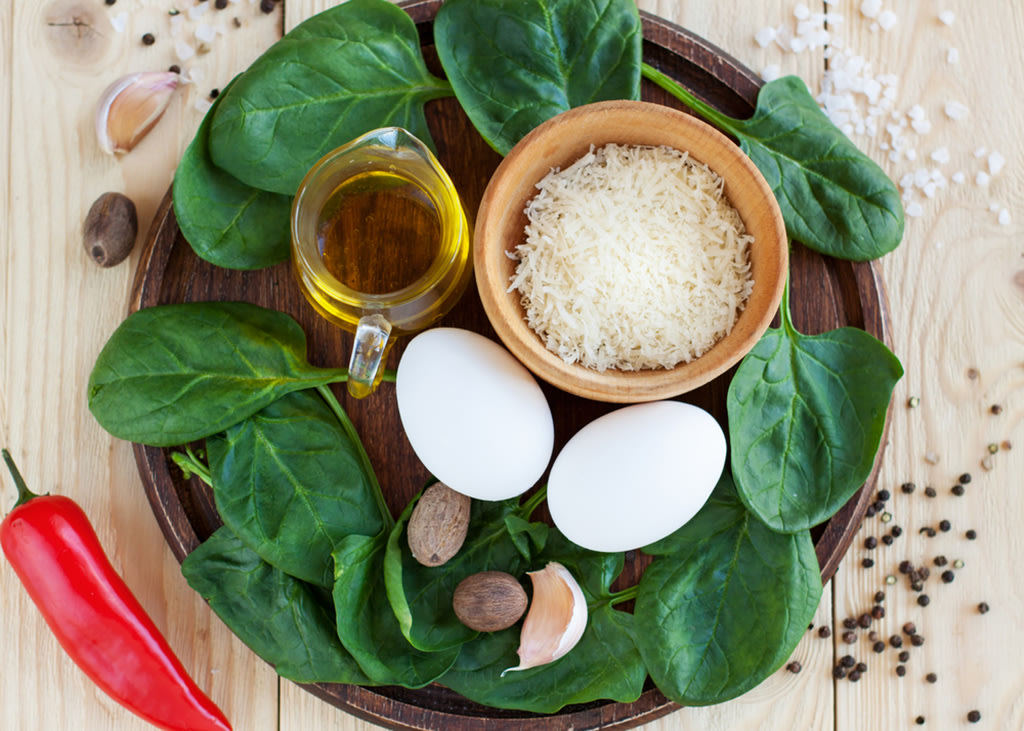Why B-Vitamins Are Essential To Your Diet

May 5, 2017

Even though they come from the same family, each B-vitamin has its own role to play in our health. They all serve to nourish and protect our body, and are hugely important for the health of our minds. It gets a little confusing sorting out the numbers and names, so this post is going to (attempt to) make it easy to understand why you need B-vitamins.
The different types of B-vitamins
There are 8 different B-vitamins, which together are referred to as the B-complex. Many of them are found in the same foods, but each of them have their own function.
Often referred to by their number, the B-group vitamins are:
Thiamine (B1)
Riboflavin (B2)
Niacin (B3)
Pantothenic acid (B5)
Pyridoxine (B6)
Biotin (B7)
Folate (B9), and
Cyanocobalamin (B12).
(Yes, even though it’s known as B12, there are only 8 B-vitamins! Confusing, right?).
Why are they so important?
The B-group of vitamins are among the essential vitamins our body requires to thrive. They play a huge role in some pretty major functions throughout the body, directly impacting everything from energy production to stress management.
B12 is particularly important, as it is needed by our brain and nervous system. It supports the production of melatonin and serotonin, which are important for relaxation, sleep and mood regulation.
Other roles that B-vitamins play:
Help to reduce muscle cramping
Promote the growth of healthier skin and hair
Help our body convert food into energy
Give the immune system a boost
Maintain healthy red blood cells
Maintain nerve health
Defend against physical and emotional stress
Help to maintain muscle tone.
Eating a balanced diet is the best way to get enough B-group vitamins. Try adding foods such as whole grains, legumes, eggs and dark leafy greens to your meals; they are great sources of B-vitamins. Keep in mind that some forms of processing grains can affect vitamin levels, so white breads and grains may not have the same amount of B-vitamins as wholemeal (less processed) grains.
For people following a vegan or vegetarian, you may have to work a little harder to get your dose of B12, as it is mainly found in meat and dairy products (although you can also find small amounts in mushrooms). Look for foods fortified with B12 or you may need to consider taking a B12 supplement. It might be worth chatting to a healthcare professional for advice on getting the intake level right.

A more empowered you starts with Sweat, and our editorial team is here to bring you the latest fitness tips, trainer recommendations, wellbeing news, nutritional advice, nourishing recipes and free workouts.
* Disclaimer: This blog post is not intended to replace the advice of a medical professional. The above information should not be used to diagnose, treat, or prevent any disease or medical condition. Please consult your doctor before making any changes to your diet, sleep methods, daily activity, or fitness routine. Sweat assumes no responsibility for any personal injury or damage sustained by any recommendations, opinions, or advice given in this article.
Nutrition